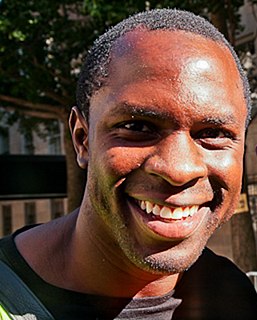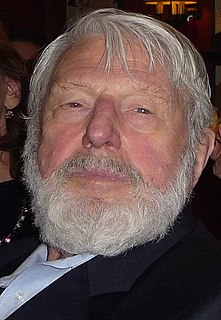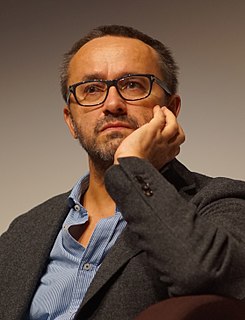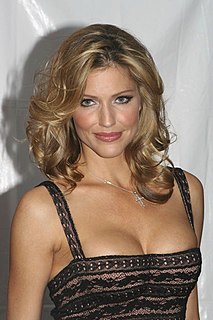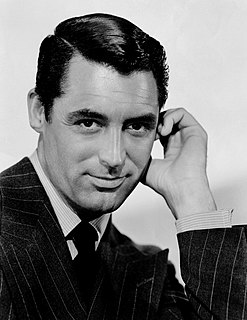A Quote by Gbenga Akinnagbe
You want a place where you can say that this is your show that you invested in with other actors, but there's also that flexibility of being a recurring actor.
Related Quotes
The other, the other aspect when I say I'm an actor is that as an actor you make this imaginative leap into being somebody else, that's to say the muscle of the imagination is as important as any other of the muscles in your body, and so it is something about this instinct in space and time which for me I associate with being an actor rather than a director.
An actor is supposed to emulate life. Instead, alas, many are imitating other actors. You don't fashion your knowledge of theatre or your approach to a role on the basis of what other actors have done. This kind of thinking is a great danger, especially in dealing with TV producers who frequently say things like, 'This is a Sean Connery type.'
Some actors come to casting and ask me, "Didn't you see my previous roles?" We do not work with actors like this. Their previous roles do not matter; I need the actual work with an actor in this particular character that has been written in our script. What matters is flexibility, believability and efficiency of an actor.
You act like a normal human being and you treat them [actors around] like a buddy because you're all working together. It's no different than being Governor. You put a team together and say, "Guys, we all want to shine here. We all want to show that this administration is going to do things that other administrations have thought was impossible. Let's kick some ass together."
TV is longer form, and that's sometimes a positive, and sometimes a more challenging thing. As an actor, you want to be able to have your character develop or transform in some way. When you're acting on a show over the course of multiple seasons, you get to watch a character really grow and change, and go from one place to an entirely other place.
One of the good thing about theater in the states, is that the playwright we do have a say, especially in the beginning, when the play is being discussed around the table. We talk about the play, and the actors listen, and there have been cases, you disagree on something... I mean, actors don't usually tell you what they're going to do, they do it. Of course, you try to speak with the director and say, "Is there any way you can bring this actor to do something different?" You try as much as you can, but then, you also have to be open to interpretation.
Actors go, 'I just want to act.' And I say to them, 'You know, stop for a second and think about what charges you up the most. Do you want to be on the stage, do you want to be in film, do you want to be a comic actor? Do you just want to make it for the money and capitalize on your look and do commercials and soaps?'
A lot of directors on a base level are fearful of actors and maybe even distrustful. I love the craft of acting and I love actors so I think they can probably sense that. They also know that I understand what their process is, having done it myself. The thing I come back to over and over again is that for most people who are not analyzing it from a critical point of view, most iconic film moments are actor moments. We show up to commune with another human being and their experience. We don't show up necessarily to watch a really cool dolly shot.
